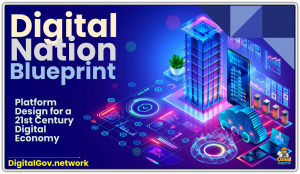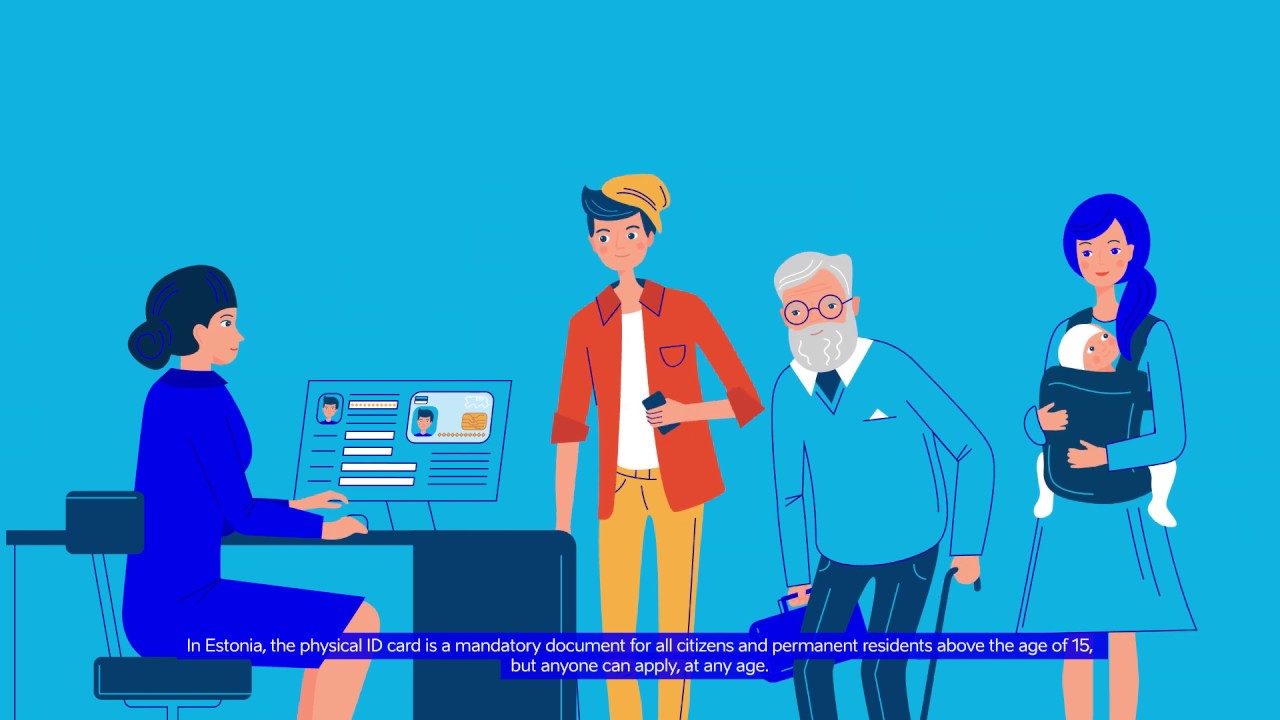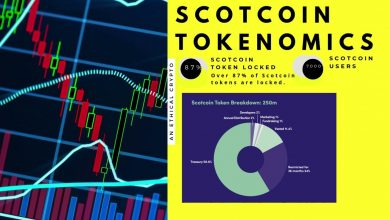 The Blockchain has many applications far beyond cryptocurrencies like Bitcoin – Most notably it offers the profound potential to entirely transform democracy itself.
The Blockchain has many applications far beyond cryptocurrencies like Bitcoin – Most notably it offers the profound potential to entirely transform democracy itself.
By leveraging the unique features of Blockchain, societies can enhance transparency, security, and trust in voting systems and governance processes.
Trust is essential in any democracy. Blockchain technology can help build trust in the electoral process by providing a verifiable and tamper-proof record of votes. Citizens can have confidence that their votes are accurately recorded and counted, leading to increased trust in the democratic system as a whole.
Immutable Digital Democracy
One of the key benefits of Blockchain technology is its ability to provide a transparent and immutable record of transactions. In the context of Digital Democracy, this means that every vote cast can be securely recorded on the Blockchain, ensuring that the integrity of the voting process is maintained. This transparency can help to eliminate fraud and manipulation, ultimately leading to more trustworthy election results.
Security is a critical aspect of any democratic process. By using Blockchain technology, we can enhance the security of voting systems by creating a decentralized network where each vote is cryptographically secured. This decentralized approach makes it extremely difficult for malicious actors to tamper with the voting data, ensuring the integrity of the election process.
Beyond voting systems, Blockchain technology can also enable decentralized governance structures. By using smart contracts on the Blockchain, decision-making processes can be automated and executed in a transparent and secure manner. This decentralized approach can help to reduce bureaucracy and increase efficiency in governance processes.
In this Cryptocurrency Hub article the authors set the scene through explaining the building block foundations, notably DAOs, that this new paradigm could be built upon.
Empowering the Blockchain Revolution
In his 2019 article published to Quartz, digital economy luminary Don Tapscott paints the big picture, defining the next major evolutionary leap for the Internet and how it could entirely transform business models and society.
Describing the current Internet model, where the big platforms own and control our data, as ‘digital feudalism’, Don suggests this inequity will act as the catalyst for a wholesale evolution and revolution of the Internet.
“What we need is a wholesale shift in how we define and assign ownership of data assets and how we establish, manage, and protect our identities in a digital world. Change those rules, and we end up changing everything. It is a revolution to be sure. We’ve called it the blockchain revolution.”
The impact of this transformation will reach far further than simply technological change; it offers the potential to entirely modernize the very foundations of our societies – How our democracies work.
Writing on Forbes Don’s son Alex Tapscott describes “Blockchain Democracy”, how the technology will not only better secure digital voting but provide the foundations for new, 21st century models for truly participative democracy.
“Using the Internet, citizens became more involved, learned from one another. With the blockchain, the system can cost-effectively engage all citizens and provide equal access to public services (e.g., health care, transportation, education) and social security.
Technology is a powerful tool but it alone cannot achieve the change we need. In the spirit of the saying “The future is not something to be predicted, it’s something to be achieved,” let’s reinvent government for a new era of legitimacy and trust. It’s time to stop the tinkering.”
Conclusion
Blockchain technology has the potential to revolutionize Digital Democracy by enhancing transparency, security, and trust in voting systems and governance processes. By leveraging the unique features of Blockchain, we can create a more inclusive and trustworthy democratic system that empowers citizens and strengthens the foundations of democracy.




